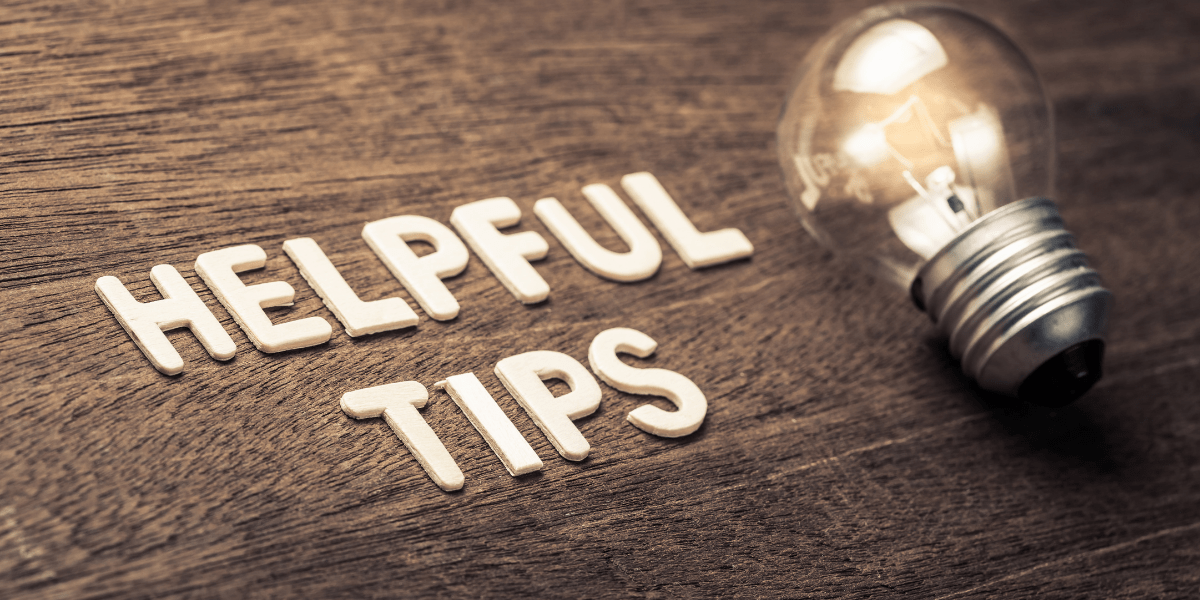In order to remain sober after rehab, one has to come to terms with the fact that long-term sobriety is a lifelong process. When in early recovery, it is important that you adjust your new lifestyle accordingly to help you stay sober from drug or alcohol use. Of course, this is a lot easier said than done – though it’s not impossible.
To make the process a little easier, we’ve put together 9 handy tips to help you stay off drugs after rehab. If you stay true to yourself and make a conscious effort to follow these steps, you will have a greater chance at success on your recovery journey.

How to stay off drugs after rehab
If you want to stay sober after addiction treatment, you will have to commit to your aftercare, attend regular support groups, cut all ties with negative influences, build new, healthy relationships with sober friends, and dedicate yourself to healthy living.
The recovery process is long, but if you rebuild your life with a structured routine that is designed to bolster your physical and emotional health, staying sober will be significantly easier. Here’s everything you need to know…
Tips for staying off drugs after rehab
Relapse occurs after rehab for 4-to-5 out of every 10 participants, but don’t let that put you off. Just because some people may experience a relapse or two along the path to long term recovery, it doesn’t mean that they may never kick their addiction for good. [Source]
Staying sober is difficult for those who do not dedicate themselves to a new, healthy lifestyle after rehab. If you want to achieve success in maintaining sobriety, here are 9 amazing tips to help you along your way.
1 – Commit to your aftercare
Every quality drug rehab facility will put together a post treatment plan to help you stay sober after your addiction treatment. This can include anything from regular medication recovery checkups, attending therapy support groups, and having one-to-one sessions with a mental health professional.
Addiction recovery is entirely possible so long as you commit to the aftercare offered by your treatment provider. That said, this alone is not enough to successfully recover from active addiction.
2 – Cut ties with all negative influences
Another important step in recovering from an addiction to alcohol or drugs is cutting ties with all negative influences. You don’t want to put yourself in a situation where you may be subject to peer pressure. This means deleting your drug dealers and replacing old friends with reliable support.
Dealing with substance use disorder is practically impossible if you complete a certified addiction programme only to return to the negative relationships that helped facilitate your addiction in the first place.
Peer support is crucial in the early stages of your long-term recovery.
3 – Research and recognise relapse warning signs
While you will learn a lot about your personal triggers at an inpatient facility, once you have left rehab it is important that you continue to research and recognise any relapse warning signs.
The key to a sober life is being entirely honest with yourself and being able to recognise when you may be feeling triggered and thus likely to succumb to relapse. With this knowledge behind you, you will be far better positioned to stay true the course.
4 – Avoid old routines and bad habits
If you want to maintain sobriety, you need to avoid old routines and bad habits. Just as you must rid yourself of any negative relationships, you have to rid yourself of any negative habits that led to your addiction in the first place.
Your mental health will thank you when you shut these old routines out of your life for good. Of course, the best way to do that is to build a new routine and develop new, healthy habits – which we will cover shortly.
5 – Build new, healthy relationships
Surround yourself with people who will help you stay sober. Having the appropriate support network in place is crucial to avoiding drug use.
Try attending self help groups with other recovering addicts and uplift one another. Mutual support groups are healthy because it allows you to build new, healthy relationships with people who understand what you are going through. Just be weary of those who are not as dedicated to sobriety as you are.
This is an opportunity for you to reinvent yourself and start spending your time with people who value your company. Seek out people who inspire you and lift you up, rather than those who want to see you fail.

6 – Develop a structured schedule (and stick to it)
Another critical step in long term recovery from drug addiction is developing a structured schedule and actually sticking to it. Some people choose to take part in an outpatient programme after completing their residential rehab treatment, but this isn’t necessarily the right path for you.
In any case, your life has to be a shadow of the one before. You must eradicate all of your old routines and commit to a new structure instead. When you follow this new structure you will be less likely to destabilise and turn to the negative behaviour that got you here in the first place.
7 – Dedicate yourself to healthy living
Dedicate yourself to healthy living and you will have a hard time wanting to relapse. Find a sober friend who also lives a healthy lifestyle and start spending more time with them. This could be taking up new hobbies such as hiking, cycling, or hitting up the gym.
A sober lifestyle is difficult to maintain without regular exercise and healthy eating. This is because bad habits tend to feed bad habits rather effectively – but in the same breath, healthy habits feed a healthy lifestyle just as well.
It will be difficult at first, but the more you feel your mind and body repair, the easier it will become. This is your chance to build strength and shape your body into one that some people can only dream of. That – and regular exercise is an amazing way to manage stress.
Before long, rather than turning to drugs or alcohol to deal with a stressful situation, you’ll be going for a run instead. It might sound like pie in the sky right now, but if you commit yourself to a healthier life, you will find the joy and fulfilment you have been yearning for.
8 – Accept and process past mistakes
Recovery support services always say that one should accept and process past mistakes if they are to successfully stay sober. You will be filled with negative feelings and conflicting emotions, but if you are to have any chance at a better life you need to begin by forgiving yourself.
Accept and process your past mistakes and understand that you can be a better person. Take steps 8, 9, and 10 of Alcoholics Anonymous’ 12-step programme as an example:
- Made a list of all persons we had harmed, and became willing to make amends to them all.
- Made direct amends to such people wherever possible, except when to do so would injure them or others.
- Continued to take personal inventory and when we were wrong promptly admitted it.
In other words, it is heathy to try and mend past relationships. Certainly, this isn’t always possible – and in many cases the best thing to do might be to move on – however, doing so can bring you and other people who may have been harmed by your previous behaviour some closure.
9 – Celebrate milestones with your loved ones
The likes of AA and UK Narcotics Anonymous relish the value in celebrating your milestones. Reward yourself and celebrate with your loved ones and reinforce all of the good that you are doing – remind yourself of just how far you’ve come.
Obviously, don’t drink alcohol or reward yourself with drugs on such an occasion, but instead choose healthy gifts instead. Celebrate with a holiday or a fun activity that you’ve always wanted to do. Mark these special occasions with positivity and continue fighting the good fight.








